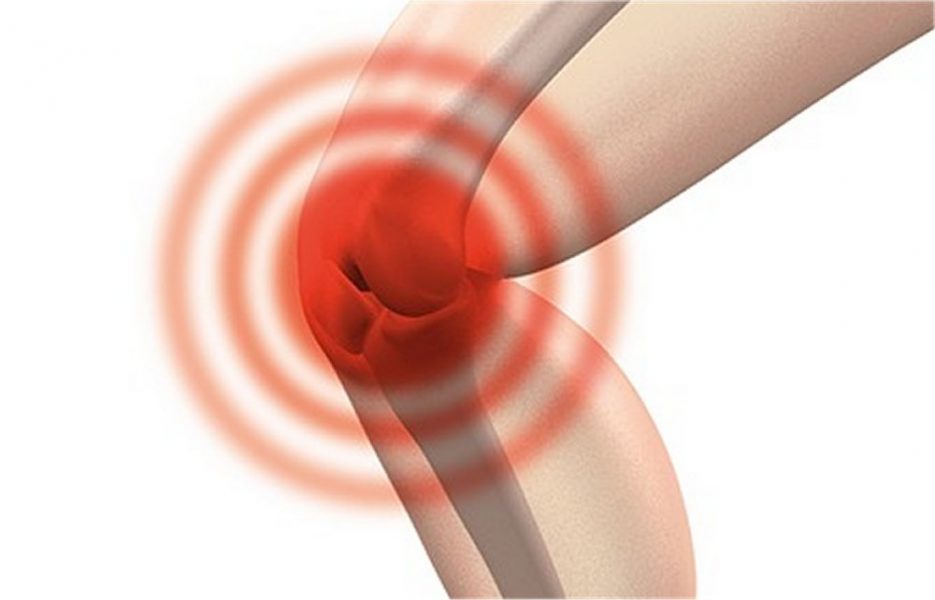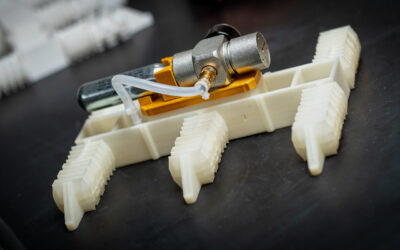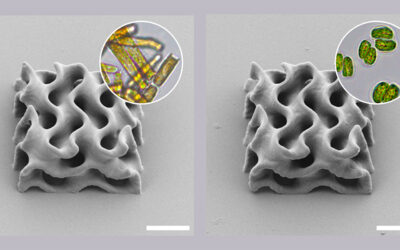Zirconium is a non-toxic biocompatible metal. Compared with other biocompatible metallic materials in use today, zirconium based materials can offer two unique properties for orthopaedic and dental implant applications, in addition to their good mechanical properties and outstanding corrosion resistance. One is the formation of an intrinsic bone-like intermediate surface layer in body environments, and the other is their low magnetic susceptibility. The second property is particularly important for magnetic resonance imaging (MRI).
Since both the quality and speed of MRI depend on the magnetic field strength, it is desirable to raise the magnetic field strength to the range of 3.0-7.0T from the present 1.0-1.5T. However, current metallic implant materials such as stainless steels, cobalt-chromium alloys (with high magnetic susceptibility) and titanium alloys can get magnetized under the 3.0-7.0T magnetic field conditions. The consequences include heat generation in the implants, loosening and dislocation of the implants, and unspecified artifacts in the MRI images.
The magnetic susceptibility of human cortical bone is about -8.9×10-6. In general, the MRI-compatible magnetic susceptibility of an implant material is expected to be less than about 10×10-6. Of the biocompatible strong and ductile metals, zirconium offers very low magnetic susceptibility but it is still well above the compatible level. Preliminary research has suggested that through the introduction of carefully selected elements into zirconium, known as “alloying”, it is possible to reduce the magnetic susceptibility of zirconium to the MRI-compatible range while making the resultant zirconium alloys mechanically more suitable for implant applications. Researchers at Royal Melbourne Institute of Technology (RMIT), Australia are investigating MRI-compatible zirconium alloys for orthopaedic applications. A recent paper published in Advanced Engineering Materials by Professor Ma Qian and his team provides an informative and insightful review of the biocompatibility, magnetic susceptibility and mechanical properties of commercially pure zirconium and zirconium alloys. In addition, alloy design principles are discussed for the development of novel zirconium alloys with respect to future 3.0-7.0T MRI systems.










